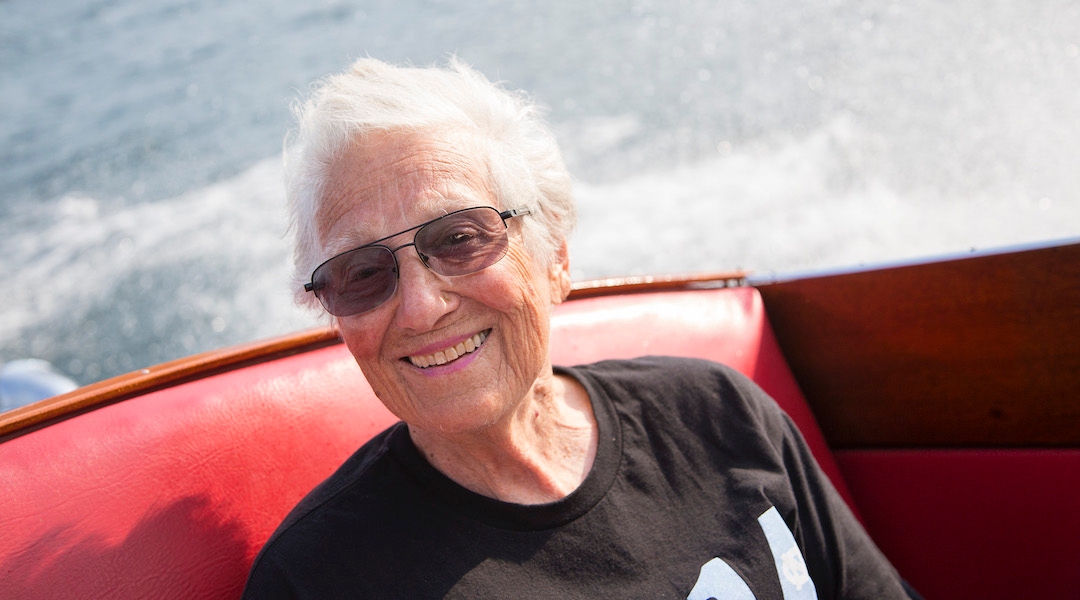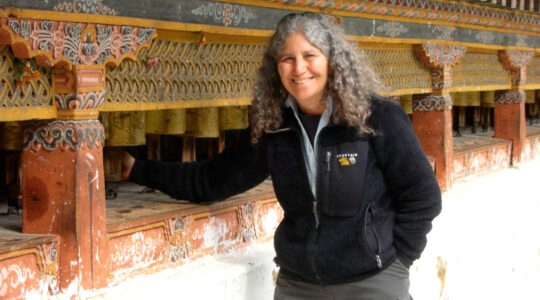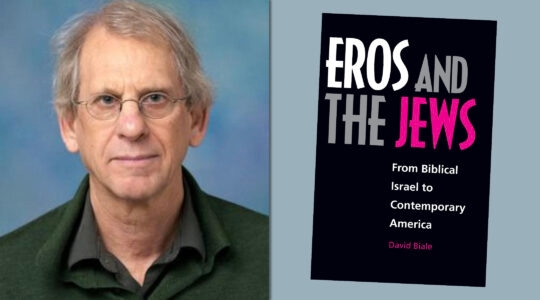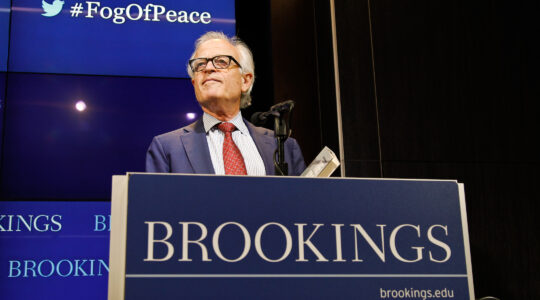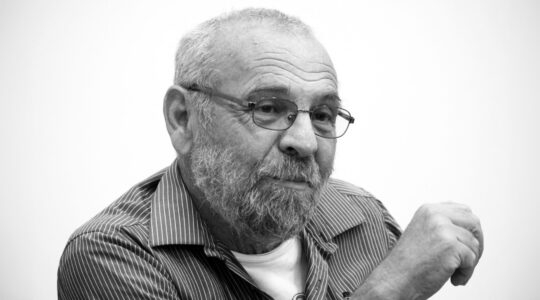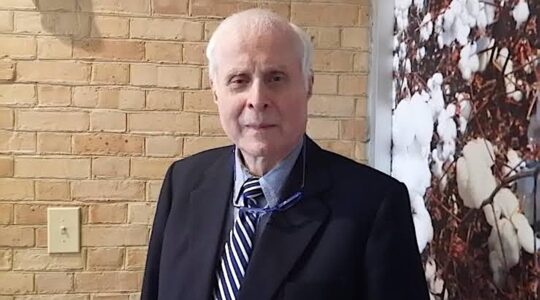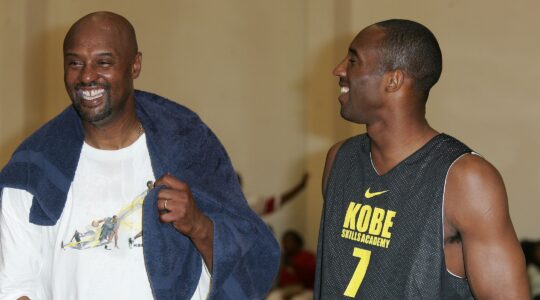BOSTON (JTA) — When Ruth Fein, her husband and their four children moved from Washington, D.C. to Boston n 1986, she immersed herself in her new community.
Fein volunteered at her kids’ public schools; at Temple Reyim, her family’s new synagogue in Newton; and in Jewish organizations, including Hadassah and the Combined Jewish Philanthropies of Greater Boston, the local federation.
She soon learned that Boston’s Jewish community was very different from Washington’s, where political engagement was more widely accepted, Fein said in a 1992 interview with the Boston-based Jewish Women’s Archive.
She was surprised by a lack of awareness of the importance of being involved in legislative affairs and that “government plays a role and that politics plays a role” in Jewish communal life, she said.
With a passion for social causes and service, Fein brought her deft skills as a changemaker to Boston’s Jewish community, where she played a transformational role cultivating ambitious ideas into enduring ventures that have resonated across the country.
She also shattered the glass ceiling as CJP’s first woman chair of the board of directors and served as president of the Jewish Community Relations Council of Greater Boston.
Fein died at her Boston home on Feb. 18. She was 96.
Among her many other key leadership roles, Fein was the founding president of the New England Holocaust Memorial as well as a founding director of the Jewish Women’s Archive.
“She was a passionate advocate for social justice and Jewish life and Israel,” Nancy Kaufman told the Jewish Telegraphic Agency. Kaufman served as the JCRC’s executive director when Fein was president and she stayed involved for years after her term, Kaufman said.
Ruth was “an absolute giant of the Boston Jewish community,” said Jeremy Burton, JCRC’s current executive director. He noted her pivotal roles in establishing the organization’s literacy coalition, the Holocaust memorial, and an educational program run by JCRC.
In 1999, in response to President Bill Clinton’s national call for volunteers for his America Reads initiative, Kaufman tapped Fein, who had years of experience as an advocate for literacy and school libraries, as the founding chair for JCRC’s Greater Boston Jewish Coalition for Literacy. Fein secured funding and urged volunteers to sign up, Kaufman recalled.
U.S. Senator Ted Kennedy, himself a literacy volunteer, spoke at the Faneuil Hall press conference, where Fein announced that the Jewish community would provide 1,000 volunteers, with 100 from the Boston area.
“She was instrumental” in the successful program that continues to thrive, said Kaufman, who later served as the CEO of the National Council of Jewish Women.
There were very few women role models in the Jewish communal world when Kaufman took the reins at the JCRC in 1990, she added. Fein became her mentor and a dear friend, and a mentor to a generation of volunteers.
A lifelong leader with Hadassah, Fein was also the first woman president of the American Jewish Historical Society, which has named an annual prize in her honor.
According to her son Michael, her passion for Jewish and social causes was matched by her devotion to a large extended family that included generations of relatives.
She spent summers on Lake George, where the Feins had a large Adirondack-style home on property where her parents and brother also had houses; other relatives had homes nearby.
On Friday nights, for Shabbat, “We’d gather in the large great room and we would sing Jewish songs and labor songs and recite goofy kinds of poems,” her son told JTA in a phone conversation.
Ruth Breslau was born in 1927 in New York City, the daughter of a rabbi.
During the Depression, the family relocated from Connecticut, where her father worked for a synagogue, to Washington, where he established a retail fabric business, with money scraped together from family, Fein told the JWA.
In 1949, the Goucher College alum married Rashi Fein, who she met in graduate school at Johns Hopkins University. His academic career as a health care economist brought them to the University of North Carolina at Chapel Hill, where three of their four children were born.
At various times over the next 11 years, the family also lived in Washington, where Rashi Fein was a member of President John F. Kennedy’s Council of Economic Advisors. They moved to Boston in 1968, when Rashi joined the faculty at Harvard. They were married for 65 years, until his death in 2014.
Fein, who was awarded an honorary doctorate from her alma mater and another from Hebrew College, embraced civic causes, including being on the board of the United Way of Massachusetts and on the board of overseers at Beth Israel Deaconess Medical Center.
But her life was bound by her Jewish identity, formed by the values she drew from her family and her faith. She compared her Jewish identity with the many spokes of a wheel, she told JWA. “The more spokes it has, the better it is,” she said. “The wheel has a sense of heritage and … history and a shared memory… of shared culture. A big piece is the Jewish religion.”
Similar values can be universal, she noted. “But for us, we’ve learned through being Jewish. That’s significant for us.”
She was predeceased by her husband and the youngest and oldest and of her four children, Bena and Alan. Survivors include her children Michael and Karen; four grandchildren; and her brother and sister-in-law Joel and Bernice Breslau.
